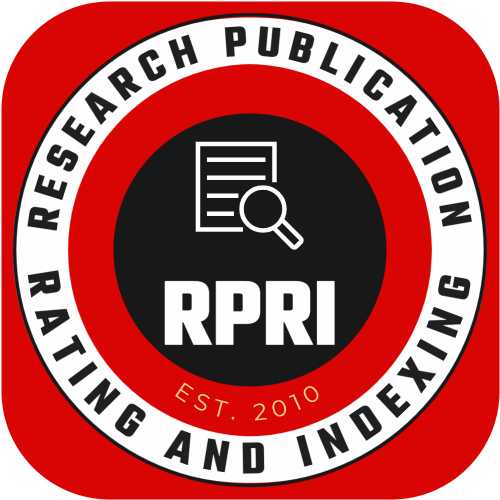Article
ADVANCED MACHINE LEARNING MODELS FOR SLEEP DISORDER DETECTION AND CLASSIFICATION
The health and well-being of people are enormously impacted by sleep problems, including insomnia, sleep apnoea, and other illnesses. The quality of life for those who are impacted can be improved by early diagnosis and successful treatment made possible by an accurate and effective classification of various conditions. For categorisation, the current systems mostly use Artificial Neural Networks (ANN), which are efficient but sometimes computationally demanding and difficult to understand. In order to categorise sleep disorders, this study suggests a Random Forest-based method using a dataset of 400 samples with 13 pertinent variables. The Random Forest model was chosen because it is robust, easy to understand, and has a higher capacity to manage intricate, non-linear interactions in the data. The study uses this algorithm to categorise sleep disorders into three groups: sleep apnoea, insomnia, and none. Its performance is better than that of conventional ANN-based systems. Standard performance criteria, such as accuracy, precision, recall, and F1-score, are used to evaluate the Random Forest model. The results demonstrate that the suggested method performs better than current models, providing improved accuracy and dependability in the categorisation of sleep disorders.
Full Text Attachment





























